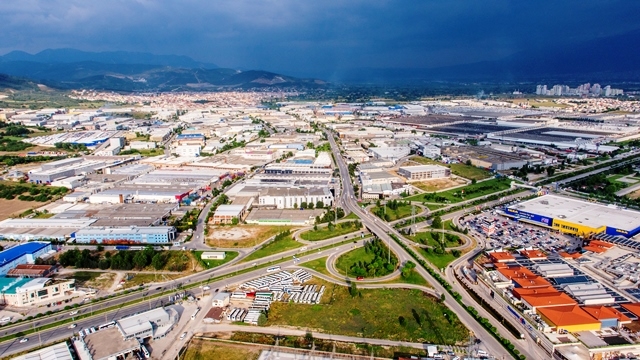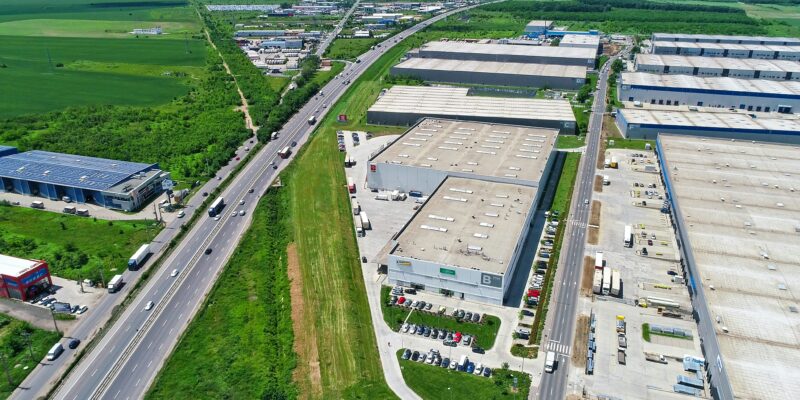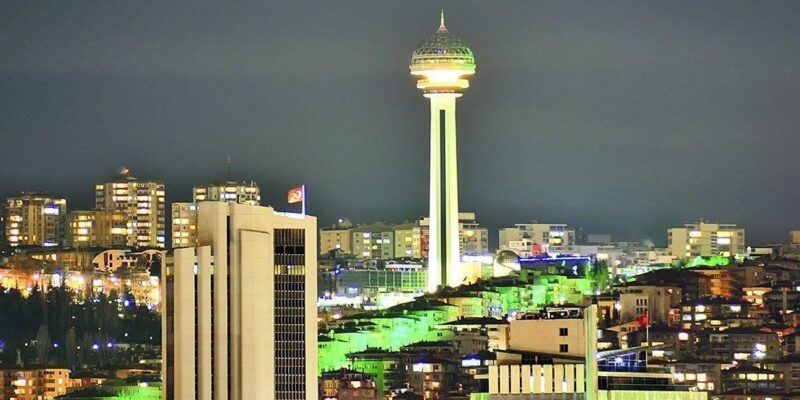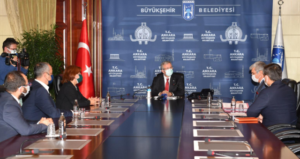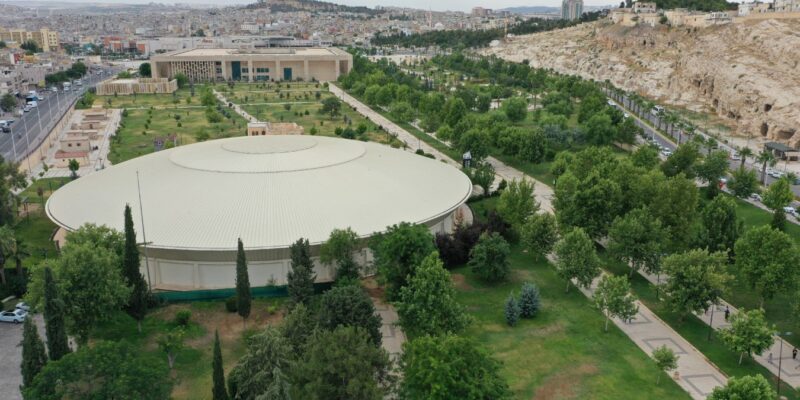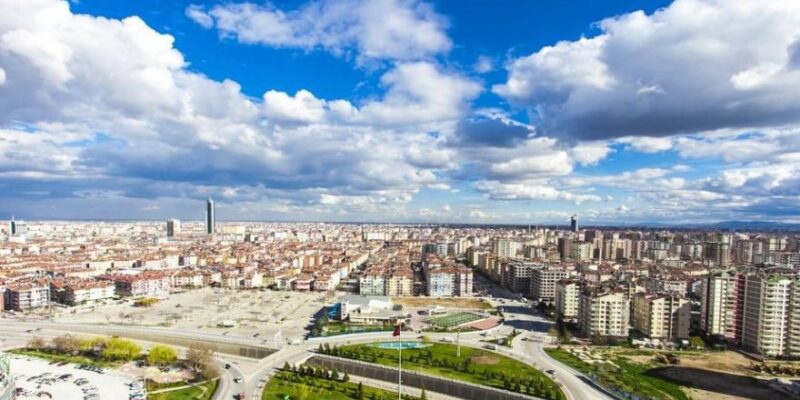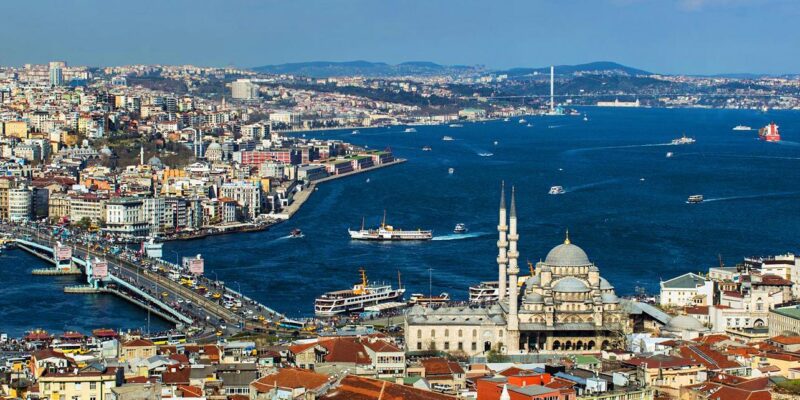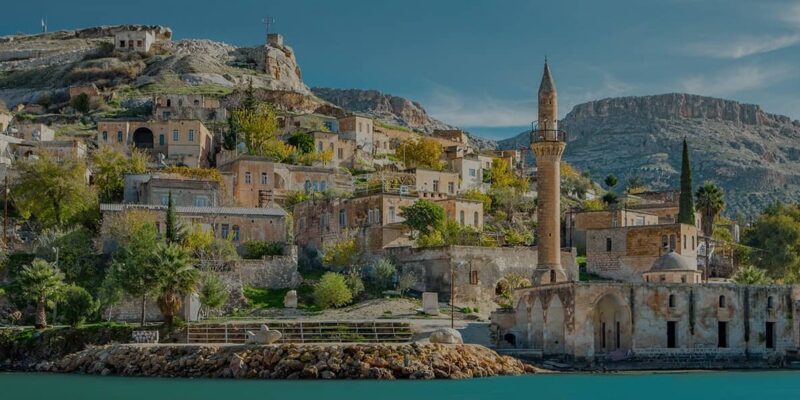GTE has carried out studies for the efficient use of water and increasing the possibilities of recycling wastewater in the facilities located in Bursa Demirtas Organised Industrial Zone (DOSAB).
Due to the expected increase in water consumption in the industry, the impact of climate change on water resources, and the rise in water costs, wastewater recovery opportunities should be increased, and the sustainability of the water provided by DOSAB to its participants should be ensured. While reducing the use of underground water resources in the project, it is aimed to strengthen the competitiveness of companies in international platforms by increasing the rate of recovered water.
